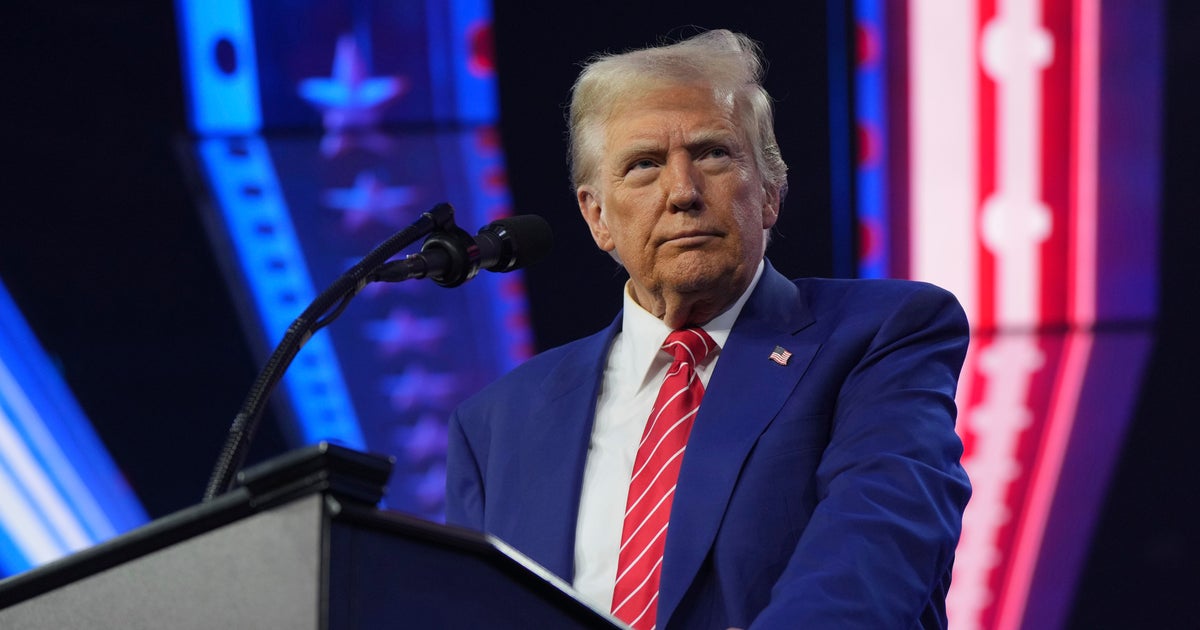Trump, at bill signing scaling back Dodd-Frank, says U.S. prepared for anything on N.K.
President Trump indicated the U.S. and its allies are "more ready than we have ever been" to deal with North Korea, after he canceled the June 12 Singapore summit with North Korean leader Kim Jong Un. Mr. Trump made the remarks at a bill signing to roll back some Dodd-Frank regulations Thursday, his first public remarks since he wrote to Kim to cancel the meeting.
"Hopefully, positive things will be taking place with respect to the future of North Korea," Mr. Trump said Thursday. "But if they don't, we are more ready than we have ever been before."
Mr. Trump said he has spoken with the Joint Chiefs of Staff, and with both South Korea and Japan. Those nations are ready to take action if North Korea engages in reckless behavior, and willing to shoulder the burden of any costs associated by U.S. operations "if such an unfortunate situation is forced upon us," the president said.
Mr. Trump said sanctions will continue, but left some hope of a possible meeting with Kim in the future about denuclearization. The president even suggested the summit might take place next month.
"I hope that Kim Jong Un will ultimately do what is right, not only for himself, but perhaps most importantly, what's right for his people, who are suffering greatly and needlessly," Mr. Trump noted.
The possibility of a summit with North Korea has been a key focus for the Trump administration for weeks, and Secretary of State Mike Pompeo has met with Kim himself several times. But those plans seemed to fall apart overnight. Mr. Trump had said before that, if he didn't think the summit would be successful, he would cancel.
Meanwhile, the president on Thursday moved forward with something high up on his domestic agenda — rolling back Obama-era bank regulations. The Economic Growth, Regulatory Relief, and Consumer Protection Act Mr. Trump signed Thursday, among other things, reduces the number of banks considered to be "systemically important" financial institutions by quintupling the asset threshold from $50 billion to $250 billion. Smaller banks will also be relieved of some proprietary trading restrictions under the measure.
The bill was passed by the House on Tuesday, after the Senate passed its version in March.



